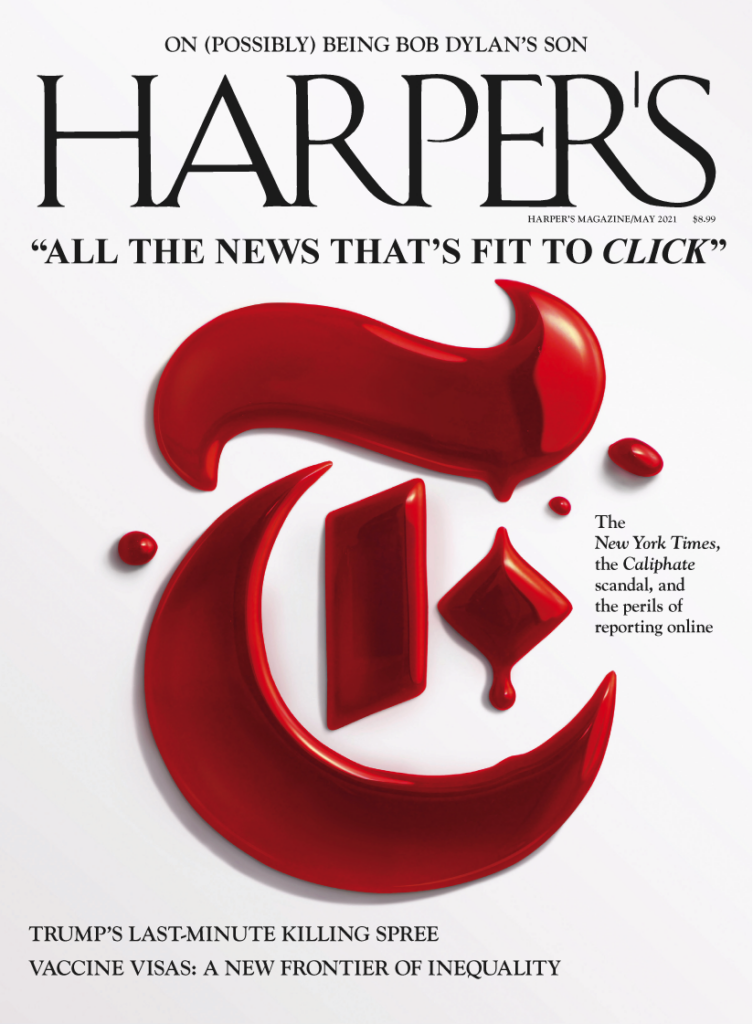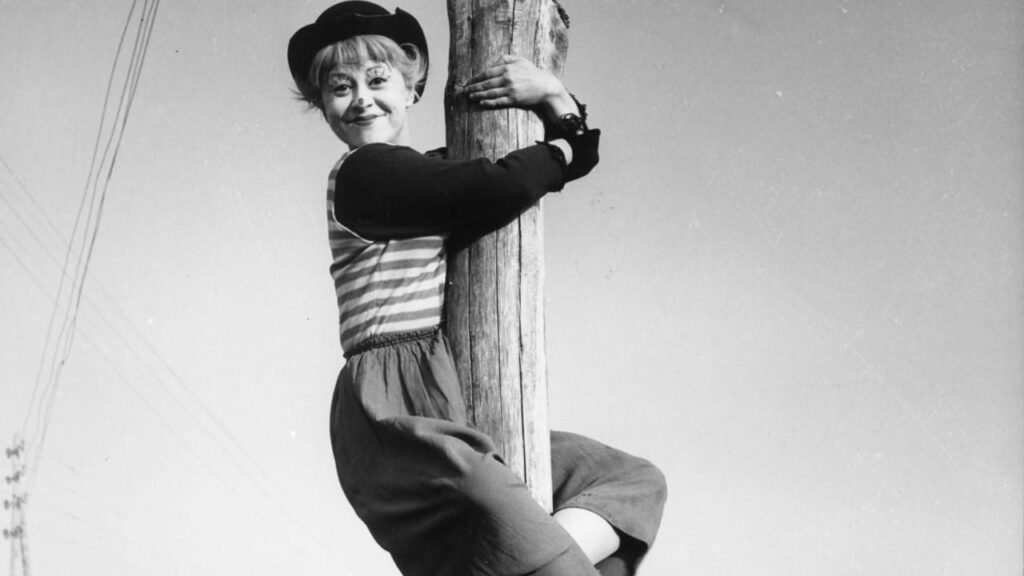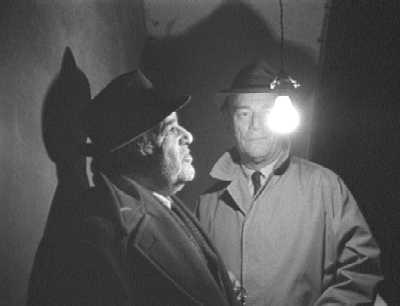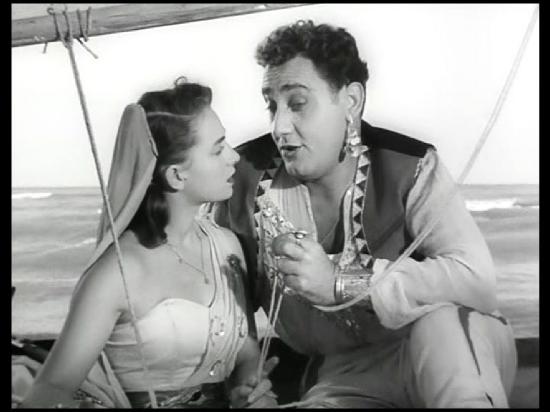The following letter was published in the May 2021 issue of Harper’s magazine. Violet Lucca, the Letters editor, invited me to respond to the March issue’s cover story, by Martin Scorsese, “on Fellini and the lost magic of movies”. — J.R.
The moment cinephilia links up with personal nostalgia, as it does in Martin Scorsese’s “Il Maestro,” intellectual distinctions become tenuous. He laments the devaluing of art as “content” by his dumb employers and people accessing cinema in their homes, yet he has no trouble admitting that he first saw La strada on TV with his parents. Moreover, he grew up with movies as an art form before having to wrestle with it as a business, whereas I grew up in a family of Alabama exhibitors and eventually underwent the reverse trajectory, discovering film art in New York around the same time he did.
Scorsese’s clearly a cinephile who has done extraordinary and generous work in making world cinema more widely available, but you’d never guess this from reading him on the subjects of Fellini and contemporary film culture. Here he seems to confuse personal choices and predilections with history, but my choices as a consumer aren’t his.
For me film culture remains as vital in some ways as it was in the 60s when Jonas Mekas could put out a magazine plausibly pretending to celebrate all of it. It’s just as social, but the social conduits are different—we’re less apt to see films together, more apt to discuss them before and afterwards on the Internet, and we can no longer claim to know about all of them. We’ve split up into separate niche markets, and the tragedy of this dispersal is compensated for by the triumph of having so much more available to everyone, everywhere, beyond the big cities
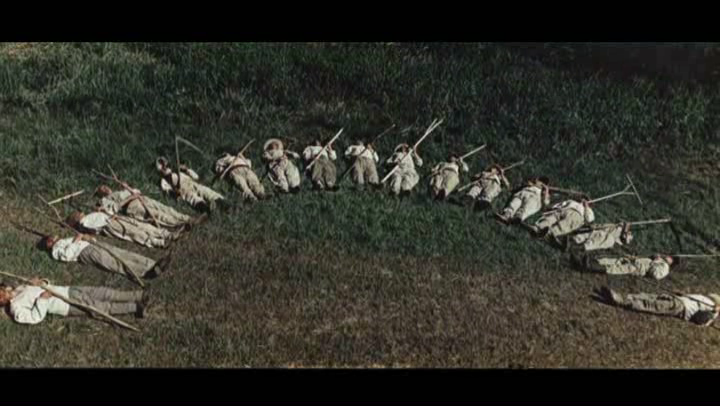
In New York in 1965 you could see Godard’s Alphaville (at least before it closed, after a short run), but you couldn’t see Godard’s favorite film of that year, Yuliya Solntseva’s jaw-dropping The Enchanted Desna, which you can now access for free and with English subtitles on YouTube. And what about all the Iranian, Chinese, and Taiwanese masterpieces we were ignoring in the so-called Golden Age, and now are belatedly discovering? None of us has to care whether they have commercial potential or Oscar recognition, as long as we can finally see them, in some cases half a century later. And there are countless other treasures waiting to be found, for those who care to explore.
Fellini was certainly a master of spectacle — especially in The White Sheik (1952), which I agree with Orson Welles was his best picture, and which Scorsese doesn’t even mention —but not so interesting when it came to most of his ideas, either about cinema or about life. I agree that 8 ½ also provides an audiovisual peak, but most of his subsequent filmography registers like a single formless, undifferentiated mass, delivered with the same intensity, an endless stretch of “Fellini” like a massive loaf of salami, sadly illustrating the maxim that style can become simply a miscarriage of form.
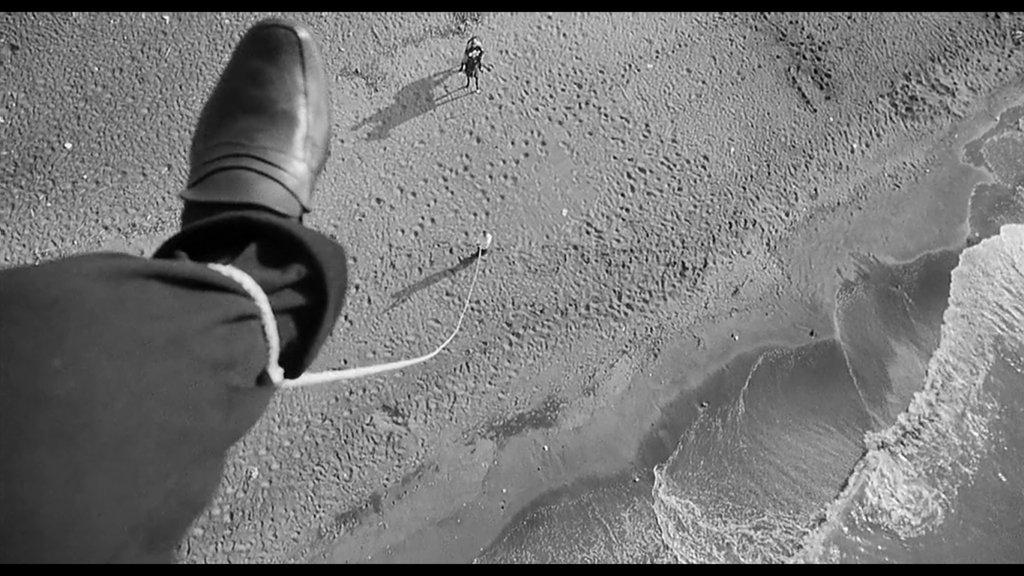
YouTube offers plenty of alternatives. Scorsese has to listen to the “content”-mongers — and capitalism is far from being a victimless crime — but I don’t.
Jonathan Rosenbaum
Chicago
‘

